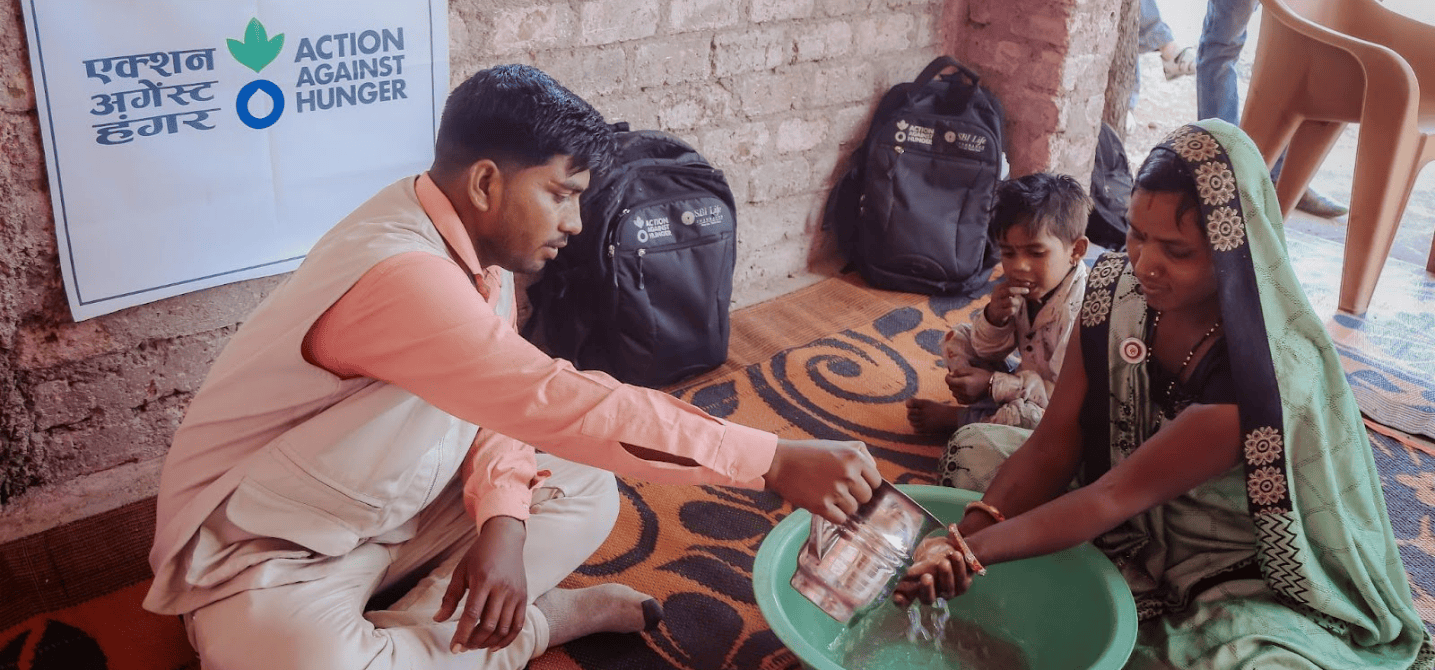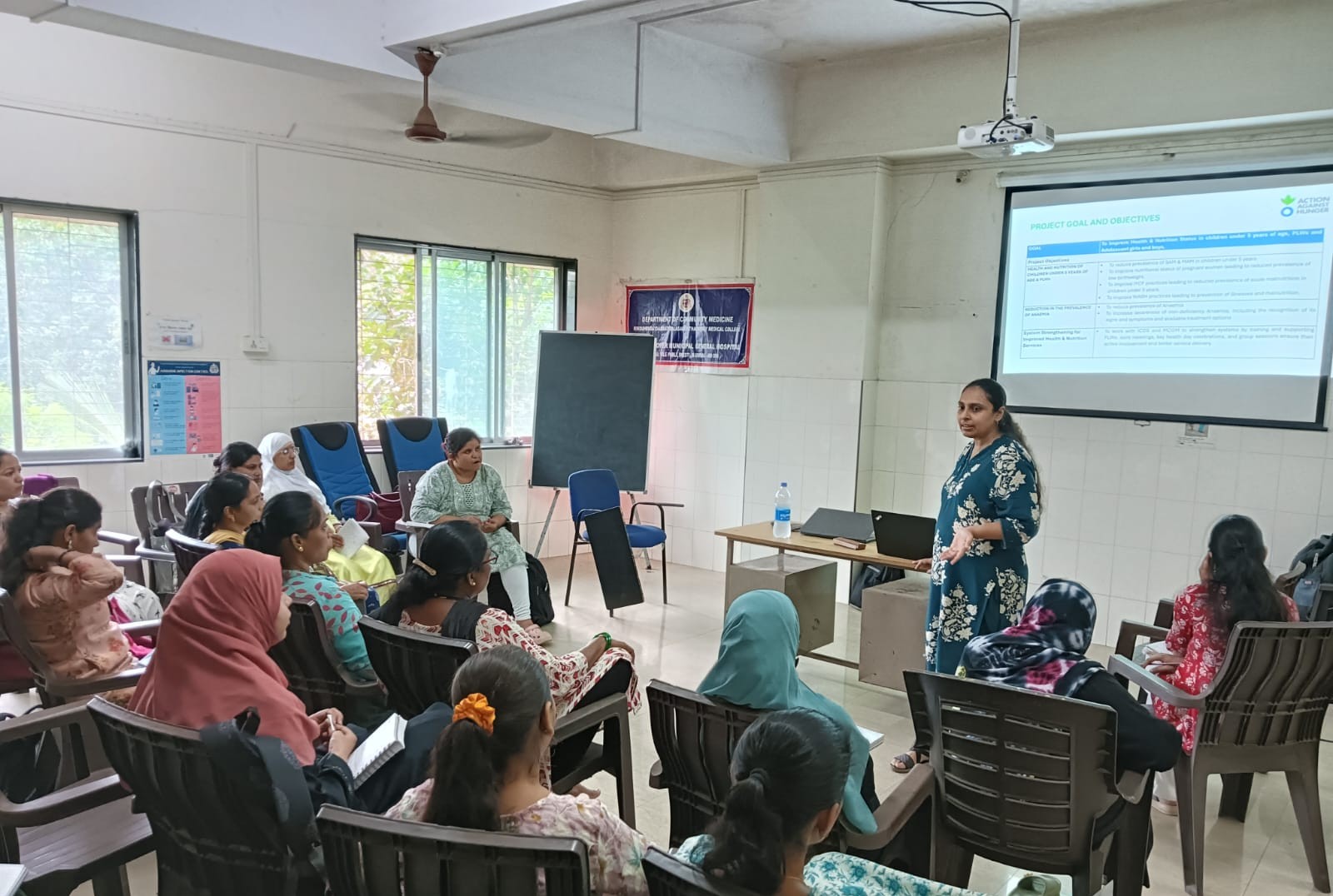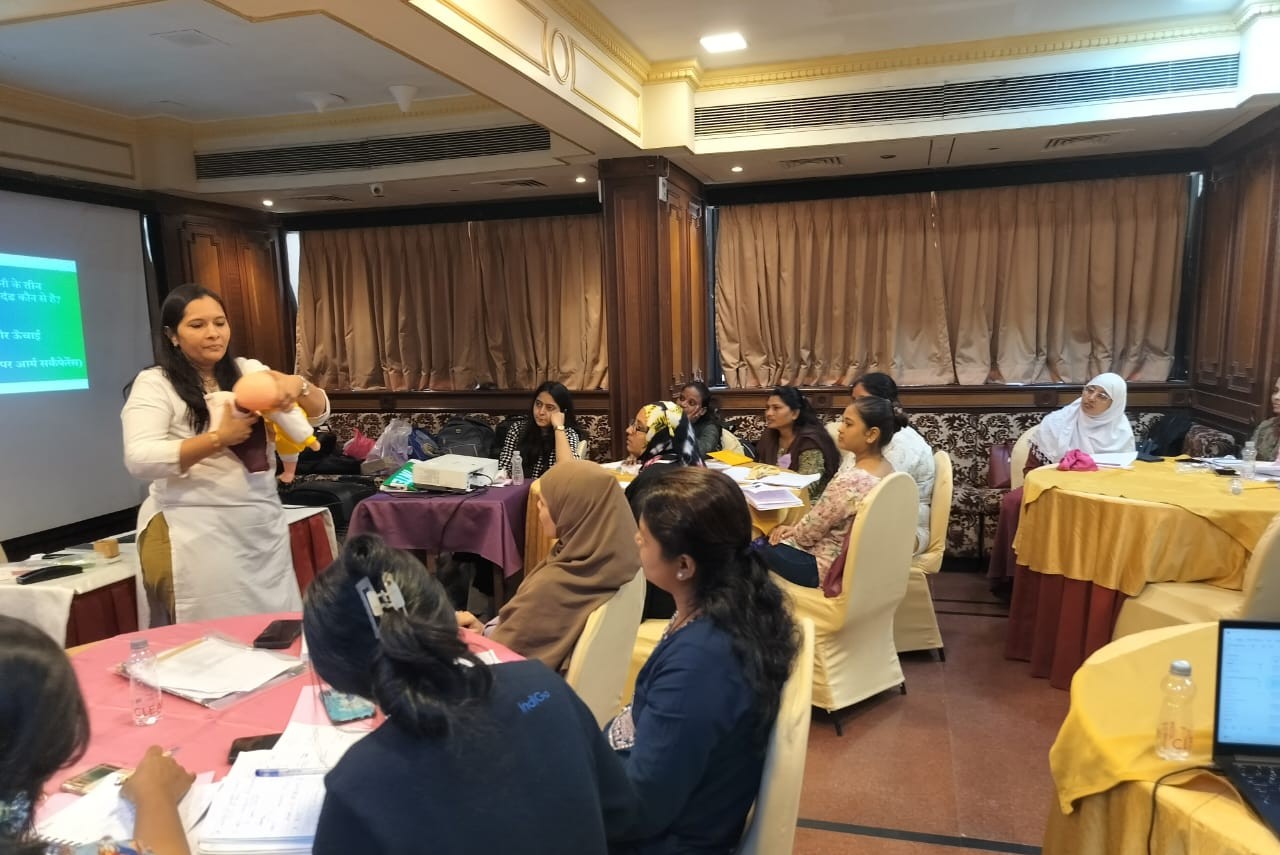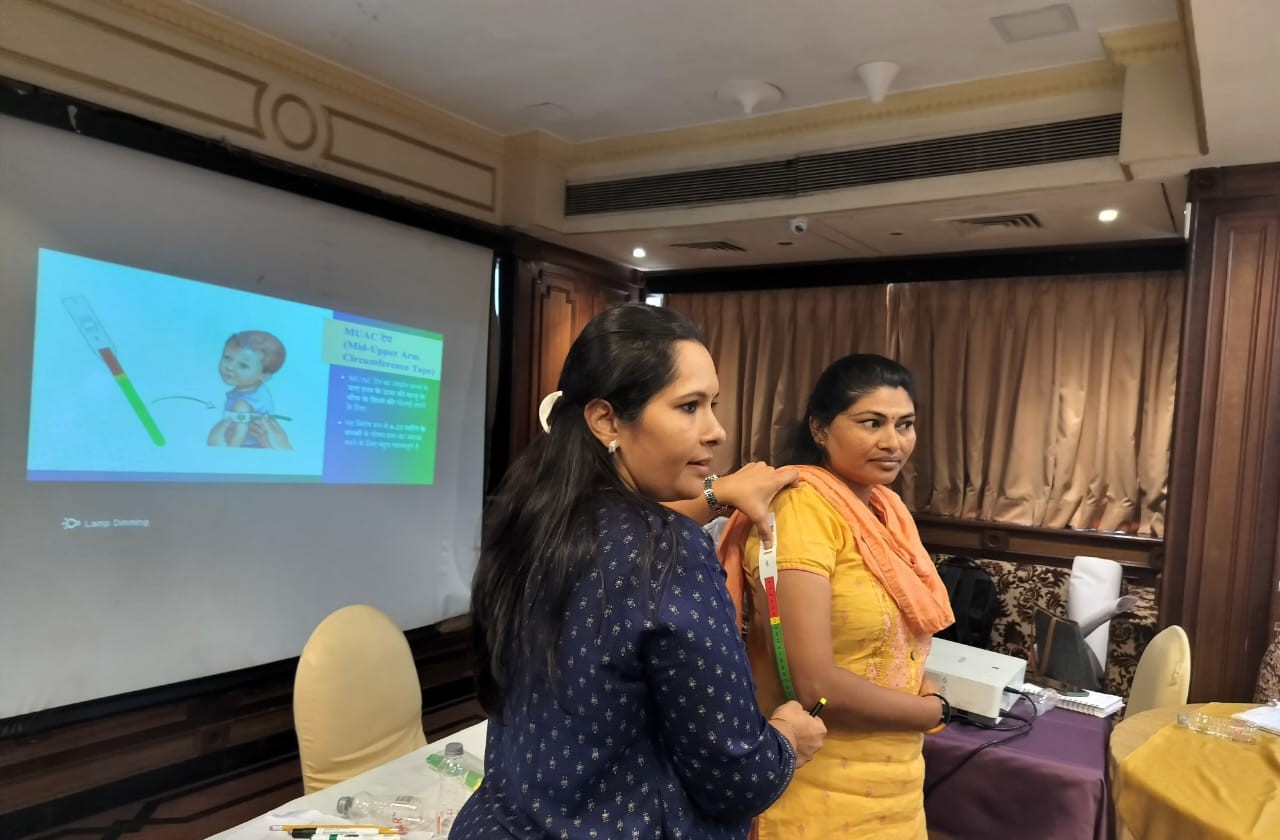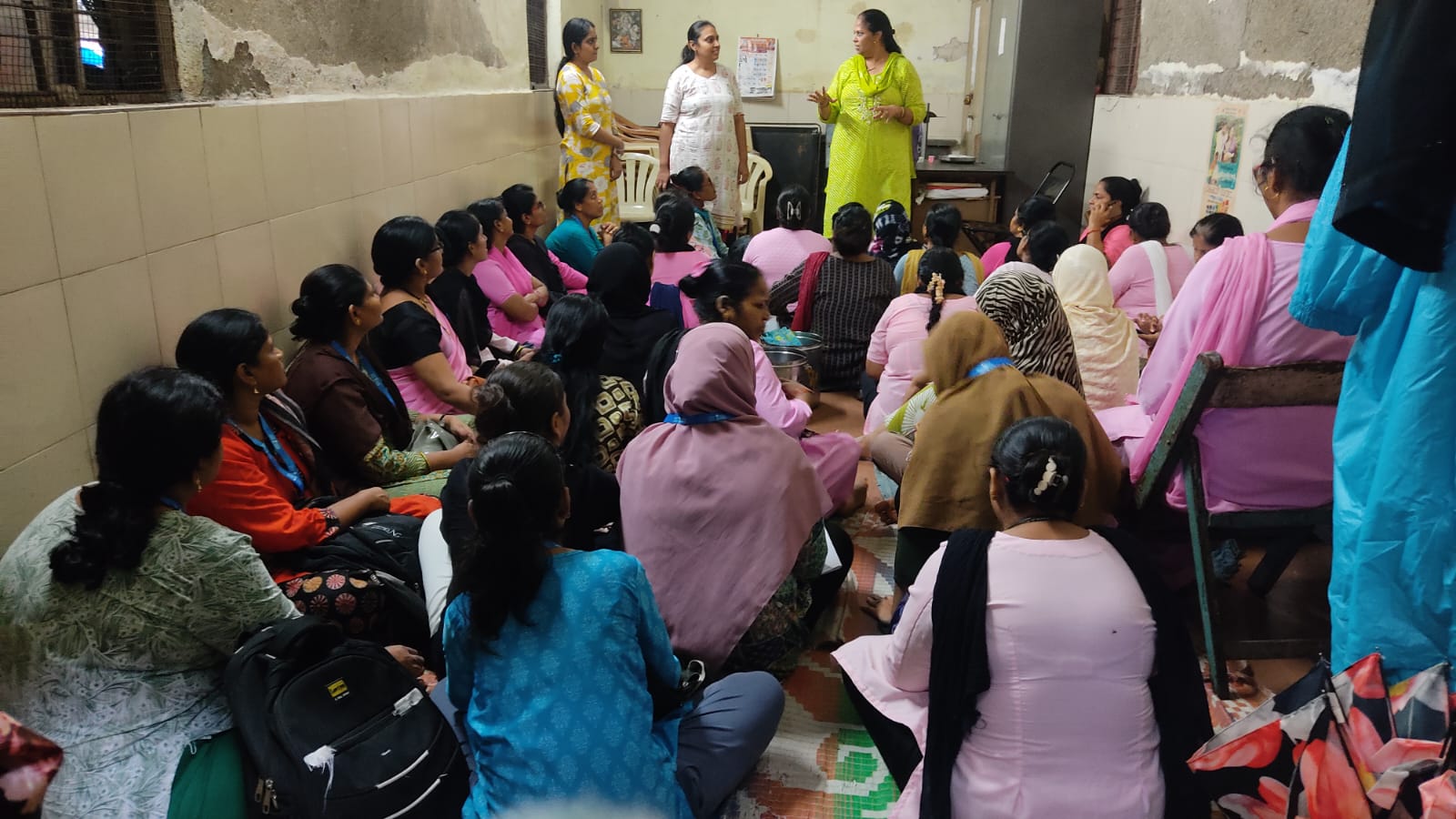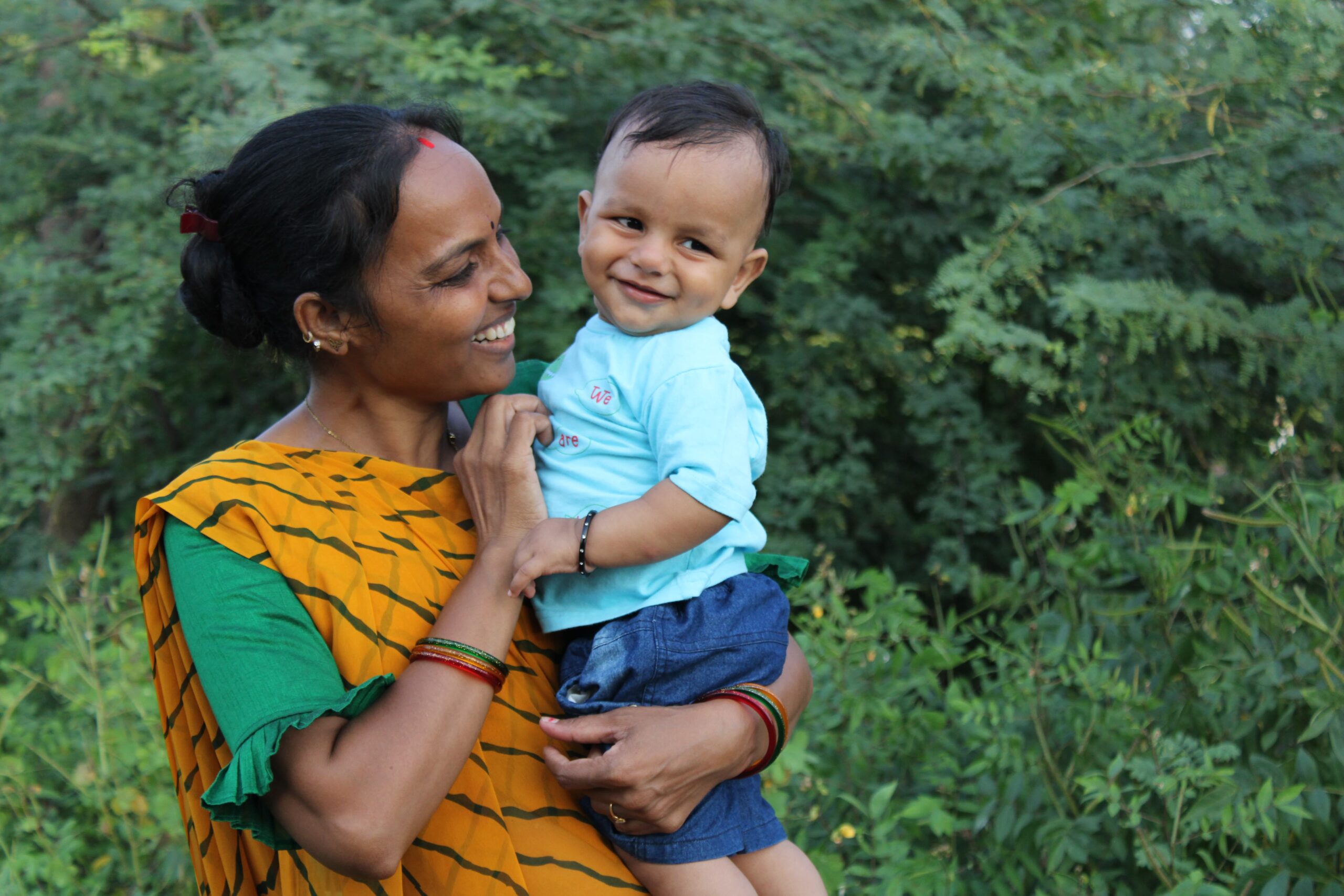
The reality in rural India is often a harsh cycle of illness and undernutrition. People must walk long distances for water, only to find the source contaminated. Children who do not get safe water and proper hygiene are at higher risk of malnutrition, which weakens their immunity and makes them more vulnerable to disease. This constant struggle is fueled by a lack of basic hygiene awareness in the community.

At Action Against Hunger India, we saw this challenge not just as a health crisis, but as an opportunity for profound, sustainable change. Our focus is the powerful synergy of Water, Sanitation, and Hygiene (WASH), the key to building resilient communities and transforming daily struggles into a future of health, nutrition, and hope.
The Unseen Battle: Challenges in Rural India
Access to clean water and proper sanitation remains a daily struggle for many rural communities. In several villages, basic hygiene practices are compromised by limited infrastructure, scarce water sources, and inadequate sanitation facilities. For many, even the simple act of washing hands with soap is not easily accessible.
These challenges extend far beyond health, they affect school attendance, especially for young children, and limit opportunities for growth and development. Poor sanitation contributes to preventable diseases, while the lack of awareness around hygiene perpetuates a cycle of vulnerability. For families already facing socio-economic hardships, this unseen battle for cleanliness and dignity becomes an everyday reality.
Turning Challenges into Change
To break this cycle, Action Against Hunger focuses on practical, community-driven solutions that combine infrastructure with education:

Wello Water Wheels for Daily Convenience: In villages like Jawhar and Dharni, the Wello Water Wheel makes water collection easier and less tiring for women and girls. It reduces travel distances, saves time, and promotes fair sharing of household responsibilities.
Toilets in Anganwadi Centres: Sanitation facilities are built and improved to provide children and caregivers a clean, safe space that promotes health and dignity.

Tippy-Taps for Hygiene: Foot-operated handwashing stations are installed in schools and homes, making handwashing easy and fun while teaching children habits that improve health for the whole family.
Hygiene Awareness: Interactive sessions and demonstrations educate communities on handwashing, safe water handling, and other hygiene practices to prevent illness year-round.
Community Ownership: Local water committees are trained to manage and maintain these facilities, ensuring long-term sustainability and lasting positive change.

The undeniable link between health, water, and hygiene is clear. Let’s work to ensure that every village, no matter how remote, is empowered with the tools and awareness needed to own their health.
